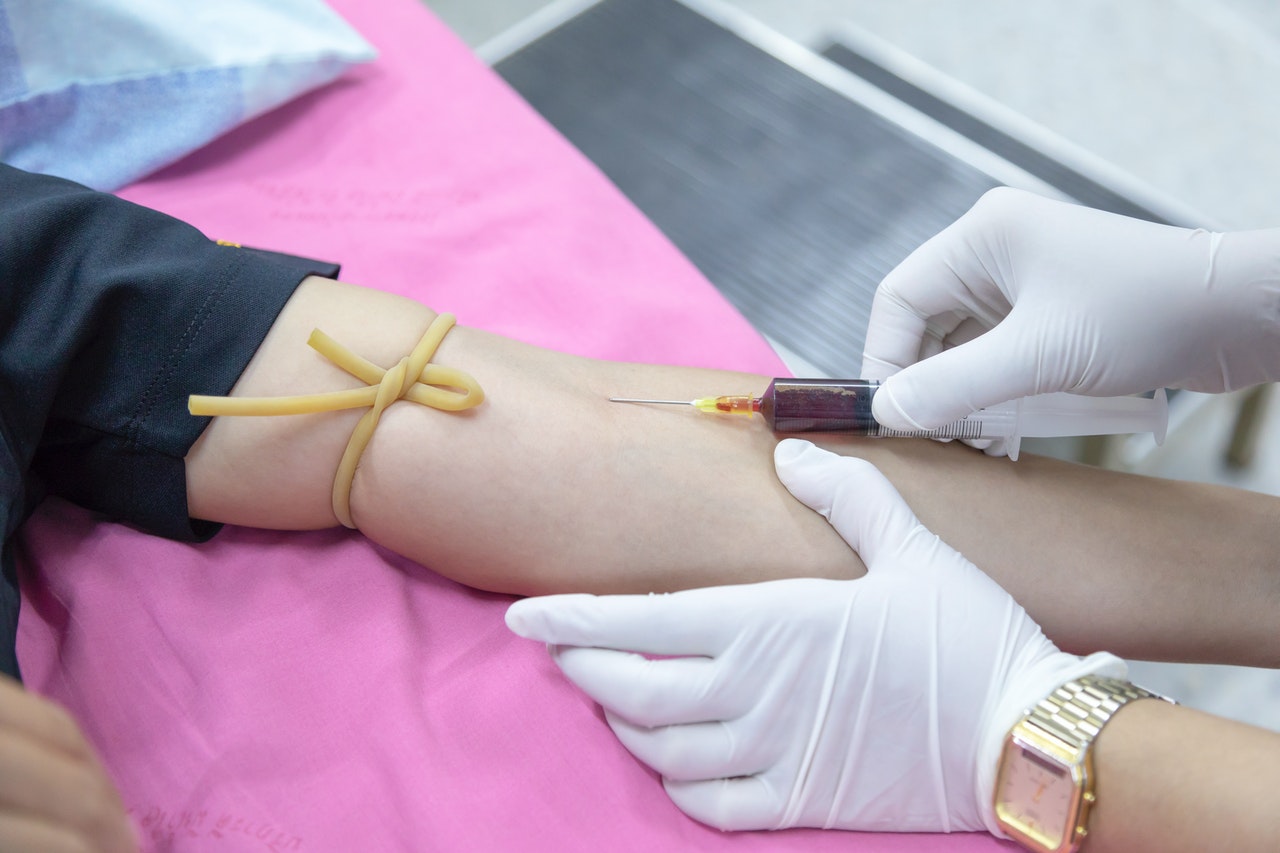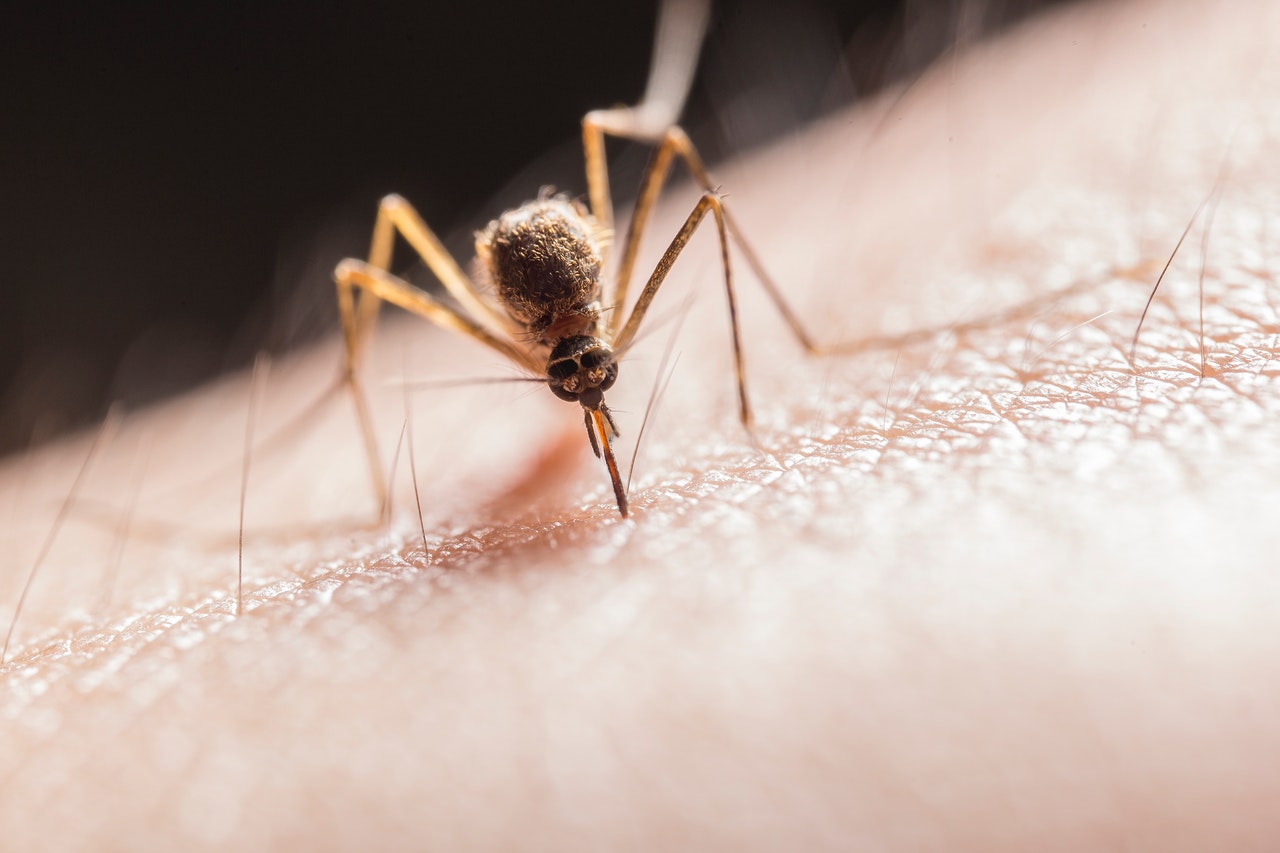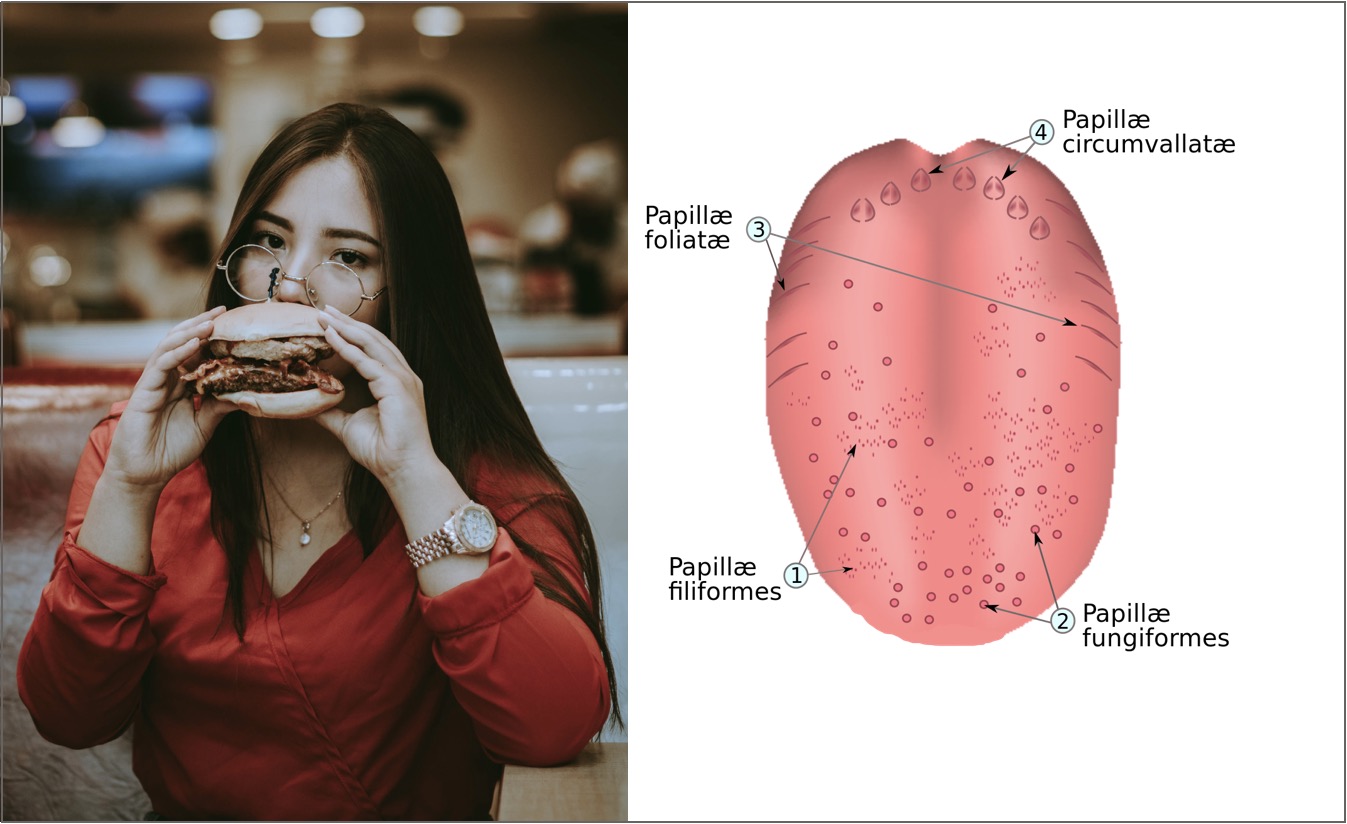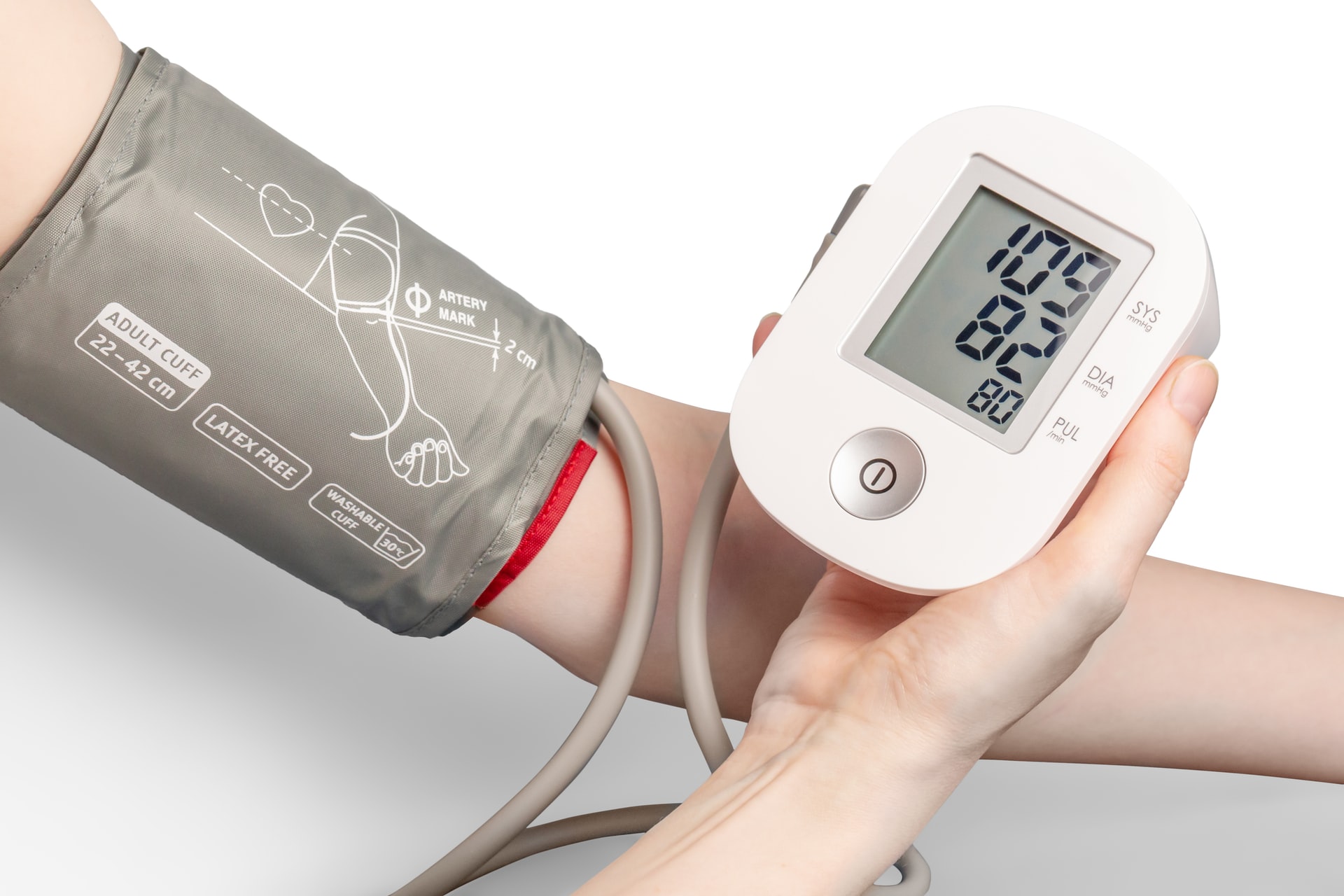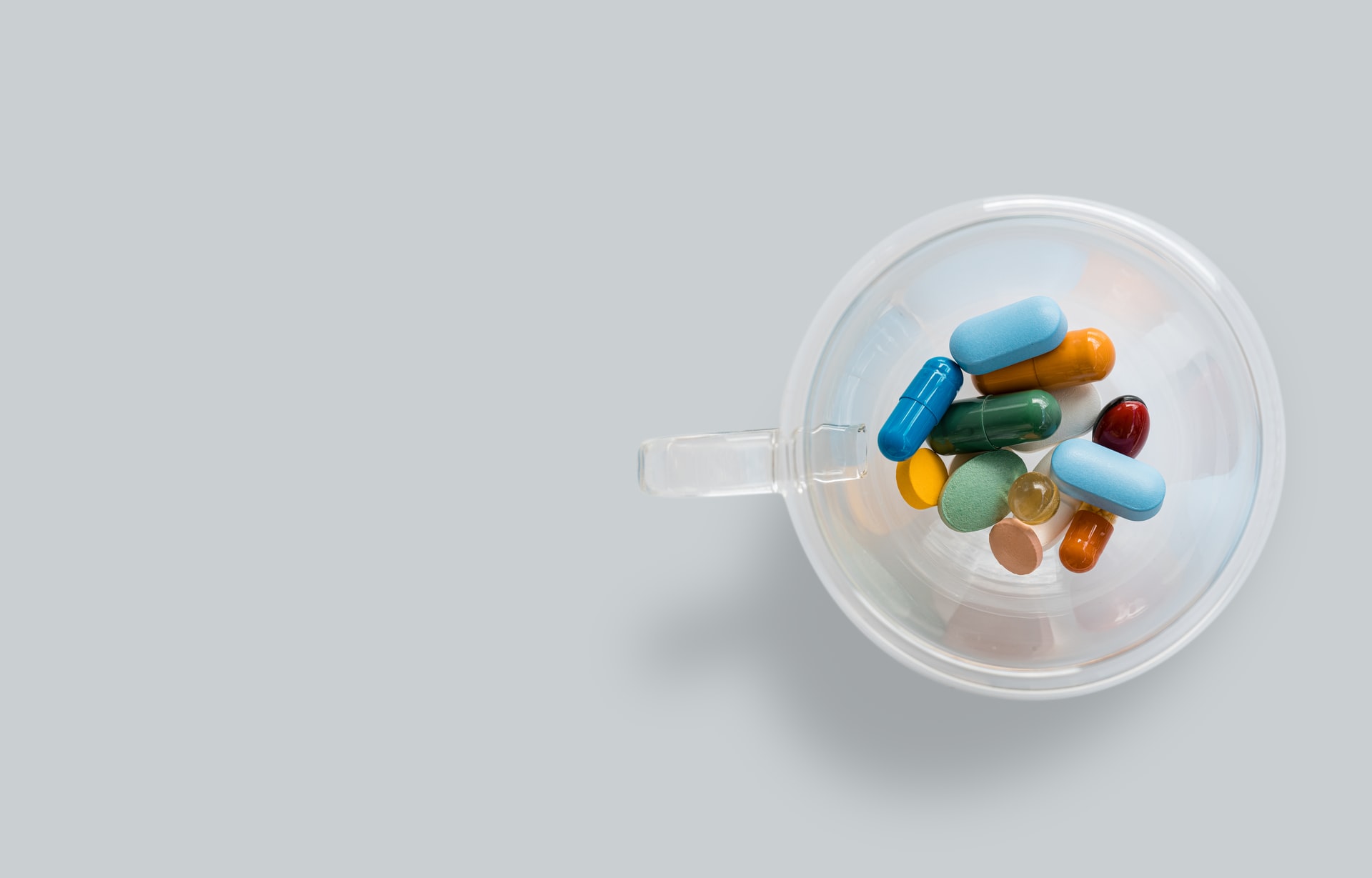Reading Time: < 1 minutes
- Our brain has a small component called the pituitary gland that produces various hormones, including two substances critical for reproduction: Follicle Stimulating Hormone (FSH) and Luteinising Hormones (LH).
- In a female body, these hormones – mixed in blood – reach the 2 ovaries, which are reproductive organs holding thousands of small bags called follicles and each follicle contains one unfertilised egg cell.
- Upon reaching the ovaries, the hormones encourage the egg cells inside the follicles to grow & mature.
- As egg cells mature, follicles release a hormone – estrogen, which thins the otherwise-thick mucus inside the cervix.
- More chemical reactions happen and the most mature egg cell bursts out of its follicle and travels to the fallopian tube; this release of egg cell is called ovulation.
- With the egg ready for fertilisation and the cervix-mucus thinned so that male sperm can make contact with the egg, the body is almost ready for pregnancy.
- The only thing that is pending is the nutrition in the womb (uterus), in case the egg is fertilised.
- So, the empty follicle now releases another hormone – progesterone, which gets the brain to send blood & nutrients to the uterus, thereby, thickening the uterus lining.
- At this stage, the levels of estrogen & progesterone increase considerably and remain high in case of pregnancy or fall back to a low level before the female period.
- And the presence of high levels of these hormones is a signal for the brain to suppress the supply of FSH & LH because the egg has already been released.
- The contraceptive pills work by copying the hormonal state after ovulation i.e. they contain a combination of estrogen and synthetic progesterone, which tricks the body into thinking that ovulation has already occurred.
- So, no egg is matured or released.
- For lactating women or those sensitive to estrogen, there are mini pills that contain only progesterone, which works by thickening the cervix mucus and stopping the entry of the male sperm.
- Mini pills are considered less effective.
Image courtesy of Picture by LJNovaScotia from Pixabay
Reference shelf :




